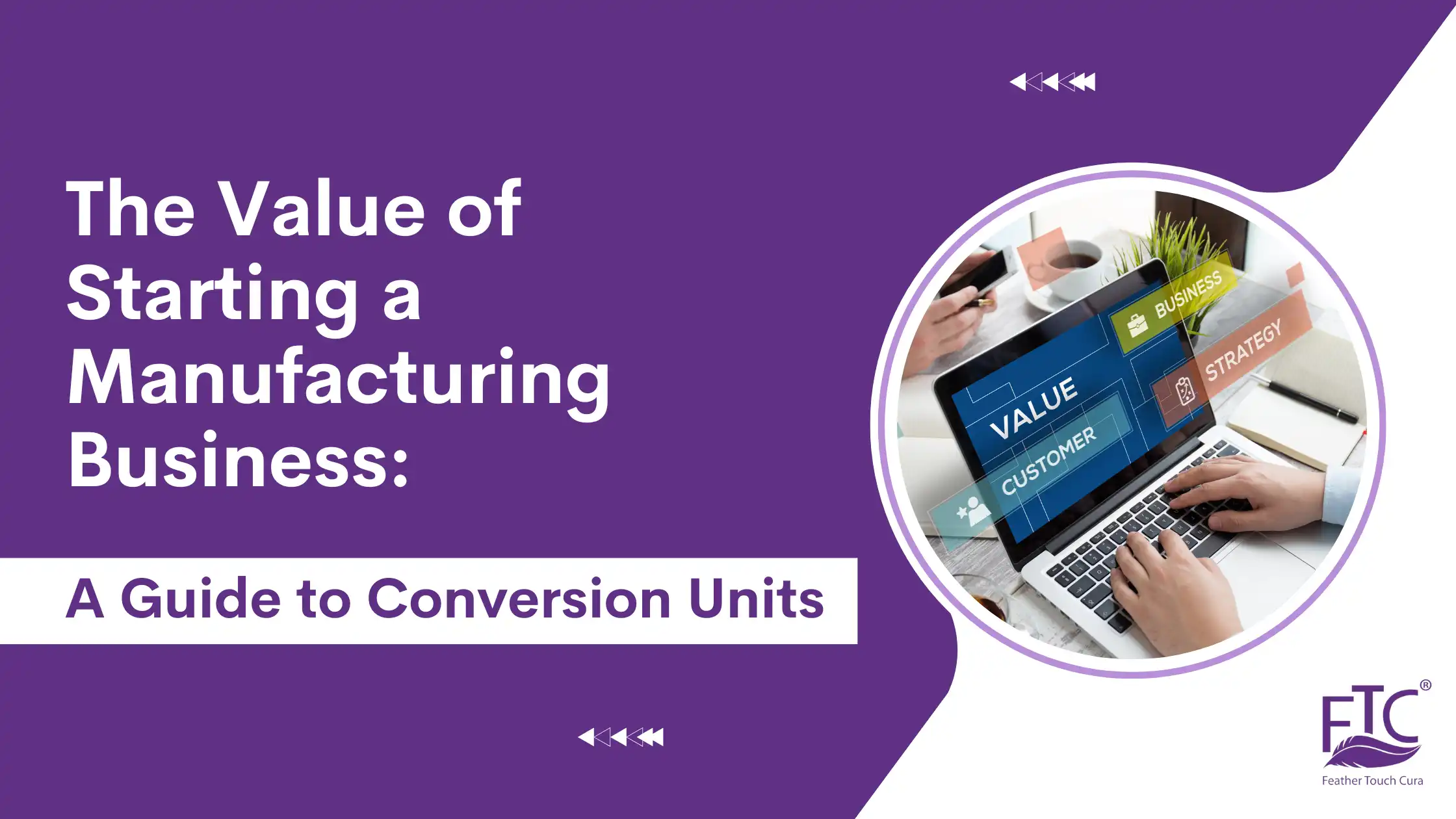The Value of Starting a Manufacturing Business: A Guide to Conversion Units
Synopsis:
Unlocking the Potential of Raw Materials
Manufacturing businesses play a crucial role in transforming raw materials into valuable end products. This process not only adds economic value but also positions your business as a vital player in the global market.
China’s Industrial Evolution: A Case Study
In 2010, China experienced a significant shift towards conversion businesses. These enterprises focus on creating end products from raw materials, allowing China to expand its reach across the globe.
Understanding Conversion Units
Conversion units are the backbone of manufacturing. They purchase raw materials and use machinery to produce finished goods. For example, toy manufacturers convert plastic granules into toys using injection molding machines.
The Ripple Effect of Conversion Units
The expansion of conversion units leads to increased raw material production, reducing costs and enabling businesses to offer competitive prices internationally.
Why Manufacturing Matters
The manufacturing sector is essential for economic growth, innovation, and job creation. It also allows for scalability and profitability within the business.
Conclusion: The Journey from Material to Market
Starting a manufacturing business is about creating value at every step, from raw material to finished product. It’s a journey that can lead to global success.
Starting a manufacturing business is a strategic move that can significantly enhance the value of your enterprise. The core of this strategy lies in the transformation process – turning raw materials into finished products that hold greater economic value.
Take, for instance, the evolution of China’s industrial landscape in 2010. The nation saw a surge in conversion businesses, which are enterprises that specialize in processing raw materials into finished goods. This shift towards manufacturing allowed China to extend its commercial reach globally.
A conversion unit operates by purchasing raw materials and utilizing machinery to transform these inputs into market-ready products. For example, a toy manufacturer buys plastic granules and employs injection molding machines to produce toys. Similarly, tissue paper manufacturers acquire large paper rolls from mills and process them into consumer-ready tissue paper products.
The growth of the conversion unit triggers a domino effect that benefits the entire supply chain. As the demand for raw materials increases, their production scales up, leading to a reduction in costs. This cost advantage allows the conversion units to compete more effectively in the global market, offering their products at more attractive prices without compromising on quality.
Moreover, the manufacturing sector is pivotal for economic development. It creates job opportunities, fosters innovation, and contributes to a balanced trade ecosystem. The advantages of starting a manufacturing business are manifold.
Advantages of Starting a Manufacturing Business
- Job Creation: Manufacturing plants require a workforce, thus creating employment opportunities.
- Economic Growth: By adding value to raw materials, manufacturing contributes significantly to GDP.
- Innovation: The manufacturing process often leads to innovation in product development and production techniques.
- Scalability: Manufacturing businesses can scale operations to meet increasing market demand.
- Profitability: With the right strategy, manufacturing can be incredibly profitable, as it allows for control over both production costs and sales prices.
In conclusion, embarking on a manufacturing venture is not just about producing an end product; it’s about creating value at every step of the supply chain. It’s a journey from raw material to global market presence, and it starts with the decision to build something tangible that the world needs. By understanding the dynamics of the conversion business and leveraging the advantages it offers, entrepreneurs can position their businesses for success on the global stage.


